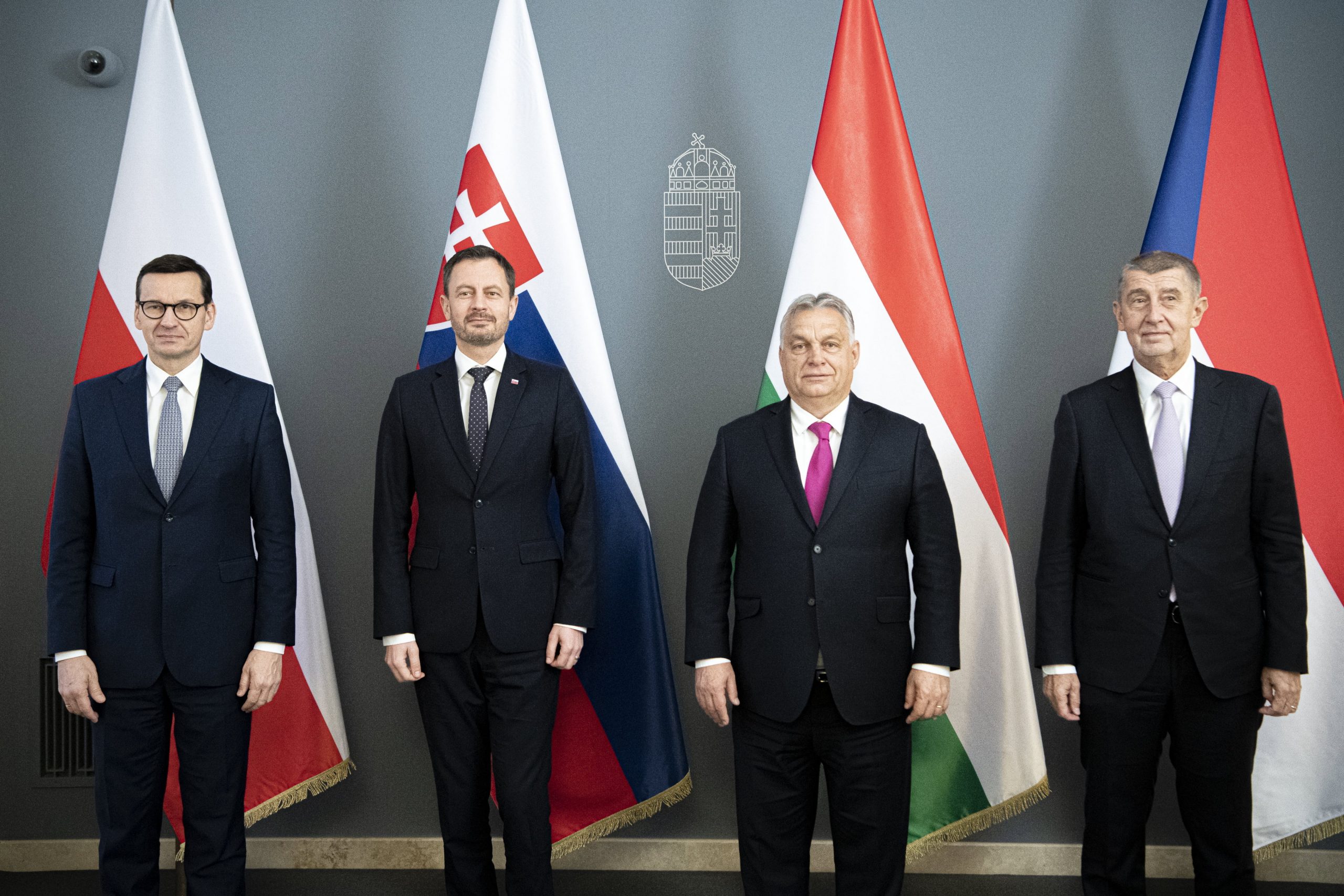
Good afternoon, Ladies and Gentlemen, Honourable Mayor,
Thank you for being here with us today. Polish-Hungarian friendship is a special thing. I believe that no other people in the world have as high an opinion of Poland and the Polish people as the Hungarians have – and, similarly, no other people in the world have as high an opinion of the Hungarians as the people here, in Poland have. What is special about this is that this has been the case for a thousand years. Friendship does not mean that we are blind to each other’s faults; friendship means that we forgive each other for those faults, and friendship means that we value each other’s virtues in all the more. Some say that this is romanticism, but we believe that life is a romantic thing, and we find it important that the romance of Polish-Hungarian friendship should remain a part of our lives. It is therefore right to commemorate events such as the 1956 Hungarian Revolution. We have heard that this was also a Polish revolution, which, after all, started in Poznań; and when the Revolution was crushed in Hungary, it carried on in Poland with demonstrations of solidarity. President Duda visited Hungary on 23 October, which was a great honour for the Hungarian people. He delivered a touching speech, telling us that the Polish people sent hundreds of litres of blood to Hungary. Blood is an important thing in Hungarian history, and many other important words are associated with it. We say that one gives one’s blood, meaning that a person would sacrifice anything for a friend. The Hungarian word for martyr literally translates as “blood witness” – meaning a person who stands up for something, even at the expense of their life. And in the Hungarian language we have the term “blood compact”. When the Magyars occupied the territory of current-day Hungary one thousand one hundred years ago, the seven tribal chiefs gathered together and mixed their blood in a bowl. This was to express that those with whom their blood was mixed would thereafter be their brothers. Thanks to the Polish people and the people of Kraków, hundreds of litres of Hungarian and Polish blood was mixed together, and therefore after 1956 the Hungarians not only looked on the Polish people as friends, but as brothers and sisters with whom they had entered into a blood compact. This memorial plaque reminds us of this, and we are grateful to the city of Kraków for making this possible.
I would also like to say a few words to young people. Thank you for coming here; a major task awaits you. It is easy enough to say why Poles and Hungarians were friends in the 20th century: we shared a common story of suffering. So we know how to be friends in times of suffering. But, young people, we are now preparing for another future: we are preparing for a great Central European renaissance and advancement; we are preparing for a peaceful, free, contented and prosperous life in Central Europe. And you will have to answer the question of how to rebuild Polish-Hungarian friendship in a historical period of ascent. To this end, we await you in Hungary and Budapest. We ask young Polish people and their teachers to come and visit us. Together with the current Polish government, we are creating major scholarship programmes and are establishing highly valuable cultural foundations for the very purpose of enabling you to sustain the Polish-Hungarian friendship.
On behalf of the Hungarian people, allow me to thank the people of Kraków for what they did for the Hungarian people.
Long live Poland!
